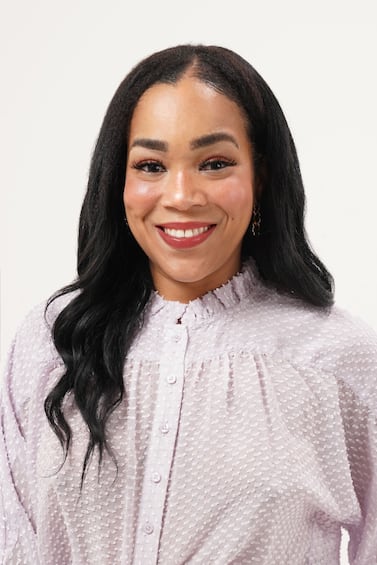
Agenda-setting intelligence, analysis and advice for the global fashion community.

Agenda-setting intelligence, analysis and advice for the global fashion community.

Subscribe to the BoF Podcast here.
In the 2010s and early 2020s, a new generation of sexual wellness companies selling sex toys, massage oils and other bedroom aides broke taboos by championing pleasure and redefining sex as wellness. Startups such as Hanx and Playground, often founded by women, introduced sleek products that contrasted sharply with the hyper-sexualised image of legacy players like Trojan and Durex.
However, recent regulatory restrictions, cultural conservatism, and social media censorship have forced these brands to pivot toward a more health-focused approach. In this episode of The Debrief, editorial associate Yola Mzizi explains how these changes are reshaping marketing strategies and consumer perceptions in the sexual wellness market.

Brian Baskin is Executive Editor at The Business of Fashion. He is based in New York and oversees BoF's beauty, retail, direct-to-consumer, technology, marketing and workplace verticals.

Sheena Butler-Young is Senior Correspondent at The Business of Fashion. She is based in New York and covers workplace, talent and issues surrounding diversity and inclusion.

Yola Mzizi is the Editorial Associate at The Business of Fashion (BoF). She is based in New York and provides operational support to the New York team and writes features for BoF and The Business of Beauty.
US prices for obesity-treatment pills that Eli Lilly and Novo Nordisk aim to launch next year will likely be on par with their weight-loss injections, analysts and investors say.
Generative AI is being adopted across the beauty industry to create everything from product images to formulas themselves, based on prompted “vibes.” As more companies utilise these tools for efficiency, they risk losing the creative touch that separates storytelling from slop.
At clinics like 'Wanna Be Taller' in Turkey, male patients are arriving in droves from all over the world to endure an expensive, bone-breaking procedure promising to increase their height as much as nine centimeters.
The latest trend on TikTok has college coeds fearful that their showers are ruining their hair. Naturally, the beauty industry is here to help.
US prices for obesity-treatment pills that Eli Lilly and Novo Nordisk aim to launch next year will likely be on par with their weight-loss injections, analysts and investors say.
Musinsa did not disclose IPO details, but local media have reported the Seoul-based company could seek a valuation of about 10 trillion won ($7.2 billion) during the listing, potentially minting a fortune for founder Cho Man-ho.
Around 27 percent of the watch group’s sales last year came from the China, Hong Kong and Macau region.
Under the new deal, MCR Hotels will get Soho’s publicly traded shares, while founder Nick Jones and executive chairman Ron Burkle and his investment firm Yucaipa will retain majority control of the business.